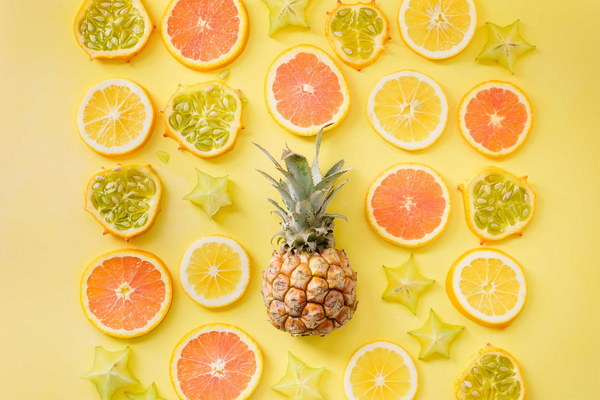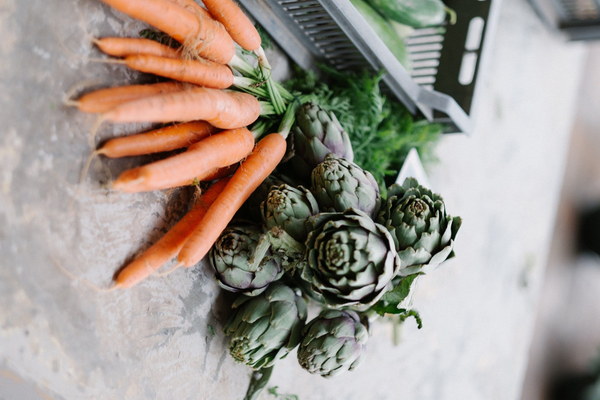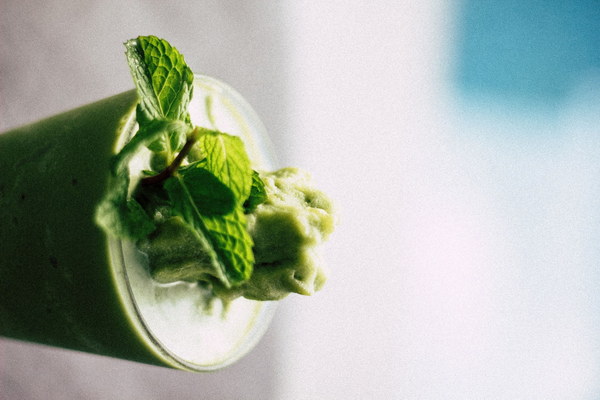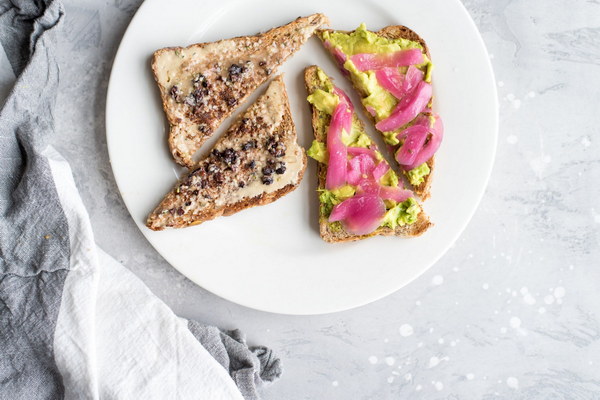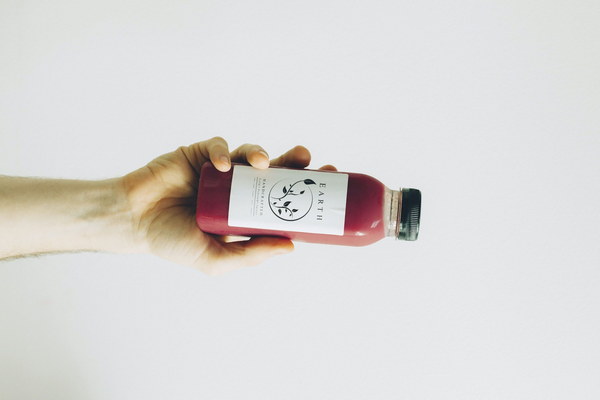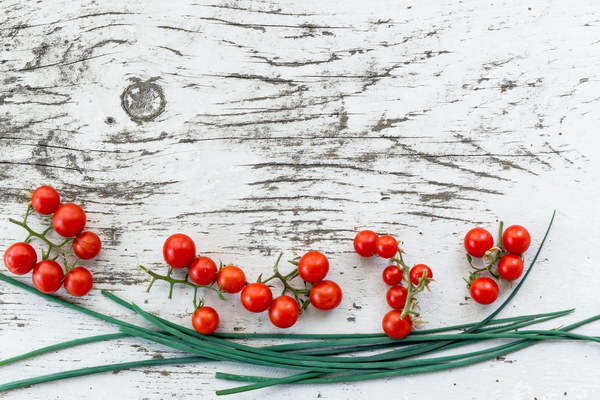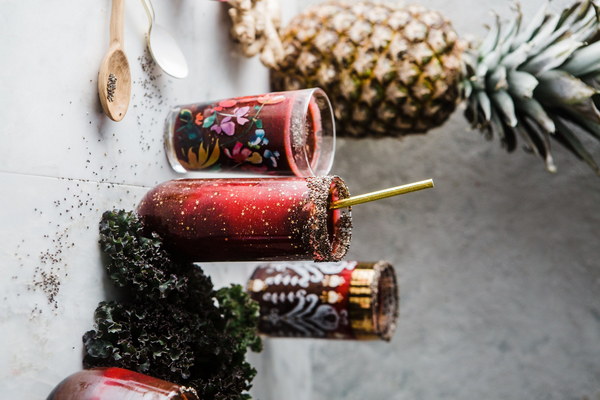Unveiling the Ancient Wisdom of Lou Dao A Journey into Traditional Chinese Health and Wellness
In the heart of China's rich cultural tapestry, there lies a profound system of health and wellness known as Lou Dao. Rooted in ancient Chinese philosophy, Lou Dao has been a beacon of wisdom for those seeking to harmonize the body, mind, and spirit. This article delves into the essence of Lou Dao, exploring its core principles and practical applications in modern life.
The Concept of Lou Dao
Lou Dao, also known as the Way of the Lazy Person, is a holistic approach to health and wellness that emphasizes balance, simplicity, and natural living. It was developed by the renowned Chinese philosopher Lou Zhong during the Eastern Han Dynasty (25-220 AD). The core idea behind Lou Dao is that by aligning one's life with the natural rhythms of the universe, one can achieve optimal health and well-being.
Principles of Lou Dao
1. Harmony with Nature
Lou Dao teaches that the human body is a microcosm of the universe. By observing the natural world, we can gain insights into maintaining balance within ourselves. This principle encourages individuals to live in harmony with the seasons, adapting their diet, lifestyle, and activities to align with the changing environment.
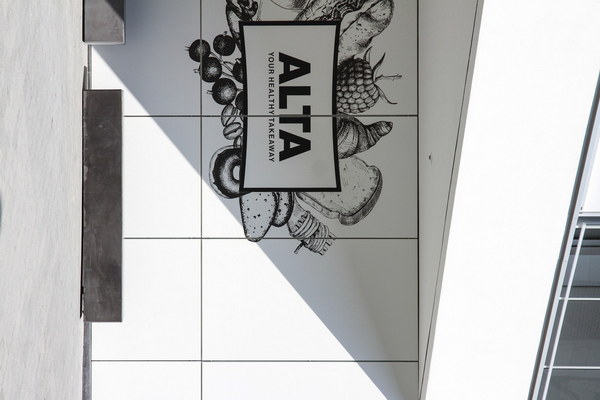
2. Mind-Body Connection
Lou Dao emphasizes the importance of the mind-body connection. It teaches that physical, emotional, and mental well-being are interconnected, and one cannot achieve true health without addressing all aspects of life. Practices such as meditation, tai chi, and yoga are recommended to promote mental clarity and physical vitality.
3. Simplify Your Life
In today's fast-paced world, Lou Dao encourages individuals to simplify their lives. This means reducing stress, eliminating unnecessary obligations, and focusing on what truly matters. By embracing a minimalist lifestyle, one can cultivate a sense of peace and contentment, which are essential for maintaining good health.
4. Proper Diet
According to Lou Dao, a healthy diet is the foundation of good health. It emphasizes the consumption of fresh, whole foods that are naturally grown and harvested at the peak of their season. The diet should be balanced, with a variety of vegetables, fruits, grains, nuts, and legumes, while minimizing the intake of processed and refined foods.
5. Regular Exercise
Lou Dao advocates for regular physical activity to maintain a healthy body. This can include traditional Chinese exercises like tai chi and qigong, as well as other forms of exercise such as walking, swimming, or cycling. The key is to find an activity that one enjoys and can incorporate into their daily routine.
Practical Applications of Lou Dao in Modern Life
1. Seasonal Living
To align with the natural rhythms of the universe, individuals can adapt their diet and lifestyle to the changing seasons. For example, during the summer, they may focus on cooling foods and drinks, while in the winter, they may consume more warming foods and beverages.
2. Mindfulness and Meditation
Incorporating mindfulness and meditation into daily life can help reduce stress, improve concentration, and promote emotional well-being. Practicing mindfulness during routine activities, such as eating or walking, can also enhance the quality of life.
3. Simplifying Your Life
To simplify life, one can start by decluttering their living space, setting boundaries with friends and family, and setting priorities. This can help reduce stress and create more time for activities that bring joy and fulfillment.
4. Healthy Eating Habits
By focusing on a balanced diet of fresh, whole foods, individuals can improve their health and well-being. Experimenting with new recipes and incorporating seasonal ingredients can make healthy eating both enjoyable and sustainable.
5. Regular Exercise
Finding a form of exercise that one enjoys and can maintain is crucial for long-term health benefits. Setting achievable goals and tracking progress can help keep motivation high.
In conclusion, Lou Dao offers a timeless wisdom that can be applied to modern life. By embracing its principles of harmony, mindfulness, simplicity, and balance, individuals can cultivate a healthier, happier, and more fulfilling life.
